Jessica Williams

Comedian and Daily Show Correspondent
It would go against the code of all 20-somethings if a 25-year-old Daily Show correspondent, Wired magazine cover star and all-around badass funny person were to say she considers herself a leader.
So when we asked Jessica Williams that question, she of course declined the honor. “I consider myself a student,” she responded. “I’m really into the idea of always learning and just always taking things in.”
When the Los Angeles native joined the Daily Show cast three years ago as the show’s first black female correspondent, she was 22 and had just finished college at California State, Long Beach. Suddenly, she was working alongside Jon Stewart, John Oliver and Samantha Bee on the most distinctive comedy show of its era.
Now, few days go by without the Internet buzzing about one of her sketches. When the Pentagon announced changes to its grooming guidelines that would have limited the hairstyles black women could wear while in uniform, Williams took a white guy who just didn’t get it to spend the day in a black hair salon. To call out the catcalling she endures while walking a single city block, Williams found a new, 55-minute-long scenic route to work—one that lets her avoid the stares and jeers of “teenagers at the bodega, creepy guys playing dominoes, white guys, Latino guys, black guys and Middle Eastern guys”—and convened a panel of women to talk about their experiences of street harassment.
The attention and success have their pressures. “Being black and a woman, sometimes it feels like you have to be representative of your race,” says Williams. “But now that I’ve started to get to do things that are really new and different, it makes me really excited to be that. I love that I’m black and a woman more than ever.”
—Maya Rhodan
Jessica Byrd

A 27-year-old Ohio native and Obama for America vet, Byrd is an operative for Emily’s List, for which she seeks volunteers to recruit and train women who otherwise wouldn’t consider running for public office. So far, over 150 activists have been trained in persuading notable, local women to think of themselves as candidates.
Ramogi Huma
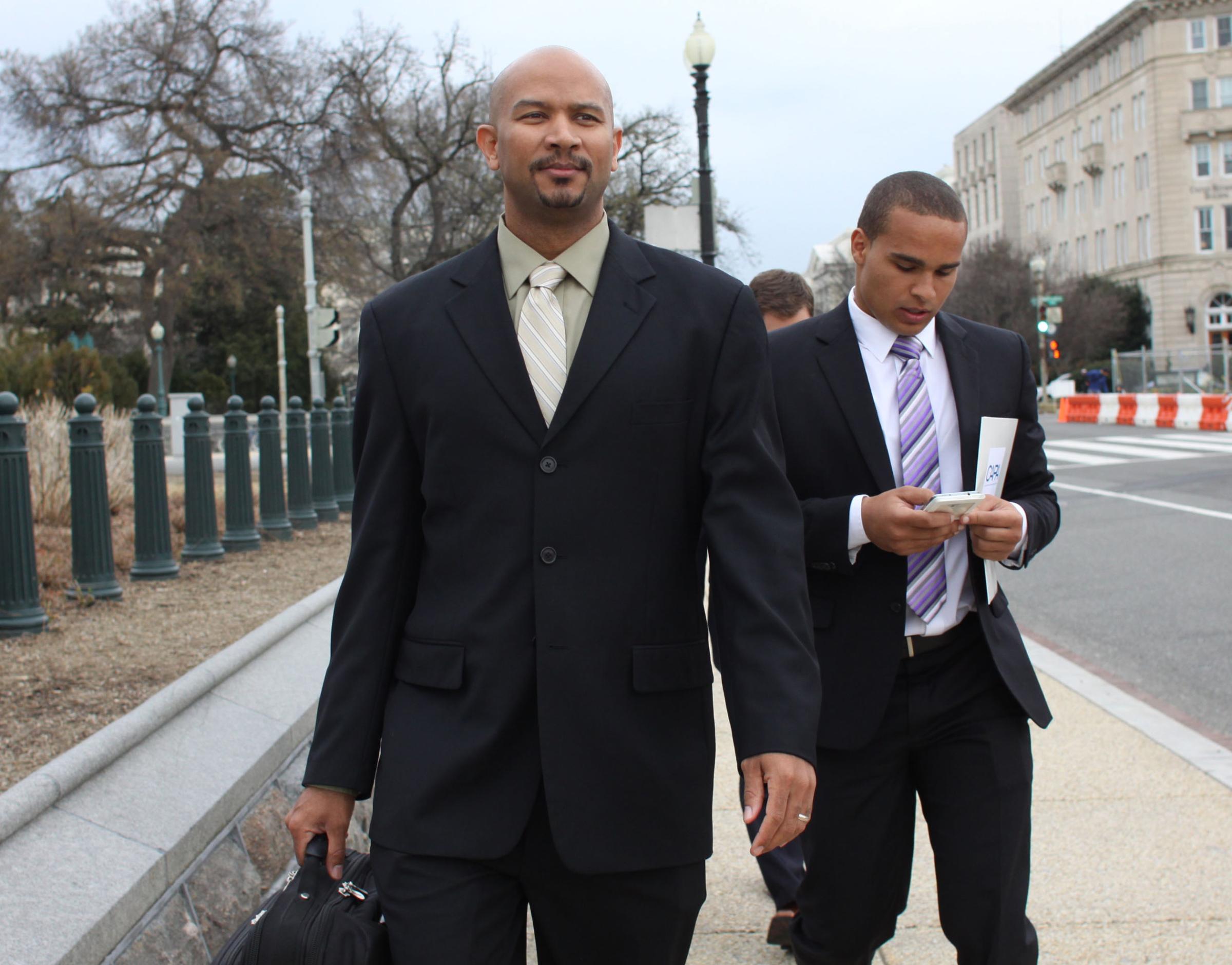
Co-founder and President, College Athletes Players Association
During the 15 years that former UCLA linebacker Ramogi Huma has fought for the rights of college athletes, he’s listened to every type of sad tale: the kid who gets hurt, loses his athletic scholarship, fails to graduate and is stuck with the medical bills; the athlete facing NCAA persecution for taking some spare cash while his coach makes millions. “It’s hard, hearing how powerless these players are,” says Huma, 37. “But it feeds my motivation. Because it doesn’t have to be this way.”
An athletic scholarship is still a very sweet deal. But for many college athletes, it’s no longer a just one. With colleges, coaches and TV networks making more and more money on the backs of football and basketball players, something close to a consensus has emerged: athletes deserve a little more to get by, at the very least.
Huma has played a key role in building public support and achieving historic gains for college athletes. He helped recruit plaintiffs to a class action originally filed by former UCLA basketball player Ed O’Bannon, who argued that men’s college basketball and football players should be compensated for the use of their likenesses. The result: in August, a federal judge said schools could set up trusts for athletes. (The NCAA is appealing the decision.) In early 2014, Huma led the effort to unionize Northwestern University football players. A regional office of the National Labor Relations Board (NLRB) ruled that players indeed function as school employees and deserve a seat at the bargaining table. (As of Jan. 14, the main NLRB office hadn’t ruled on Northwestern’s appeal.) A few months later, the NCAA board gave major conferences autonomy to offer players stipends. “None of this happens without Ramogi,” says Tim Waters, national political director of the United Steelworkers union, which has helped fund Huma’s efforts. “Plain and simple.”
Huma, who grew up outside Los Angeles, never set out to become the Norma Rae of college jocks. But after the NCAA suspended a hungry teammate for a game because he accepted $150 worth of groceries—even as the school sold his jersey in the bookstore—the hypocrisy of college sports consumed him. His steady, nonconfrontational style has consistently won over opponents. “I can just feel we’re on the right side of the argument,” Huma says. “The right side of history.”
—Sean Gregory
Jon Gosier

A venture capitalist and serial entrepreneur based in Philadelphia, Gosier, 33, starts and seeds companies with a focus on untapped markets. Much of his work has been in Africa, where he launched an open-source app that helps activists in repressive countries evade government censorship by swapping SIM cards.
Azarias Reda
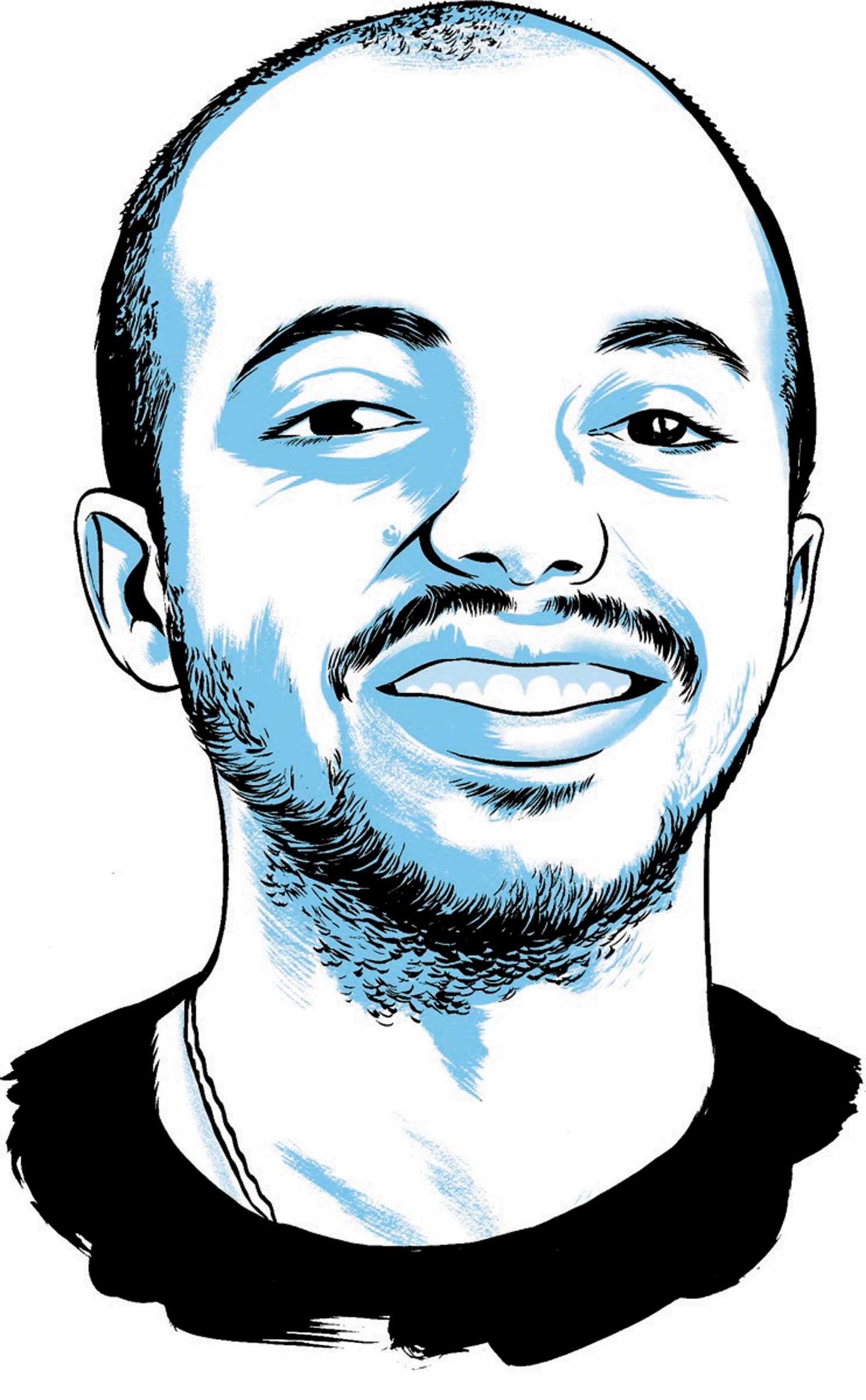
Reda, 29, was born in Ethiopia and moved to the U.S. to attend college. In 2012 he earned a Ph.D. in computer science engineering from the University of Michigan. Now he is a potentially pivotal player in U.S. politics, charged with improving the Republican National Committee’s database of American voters.
Janet Mock
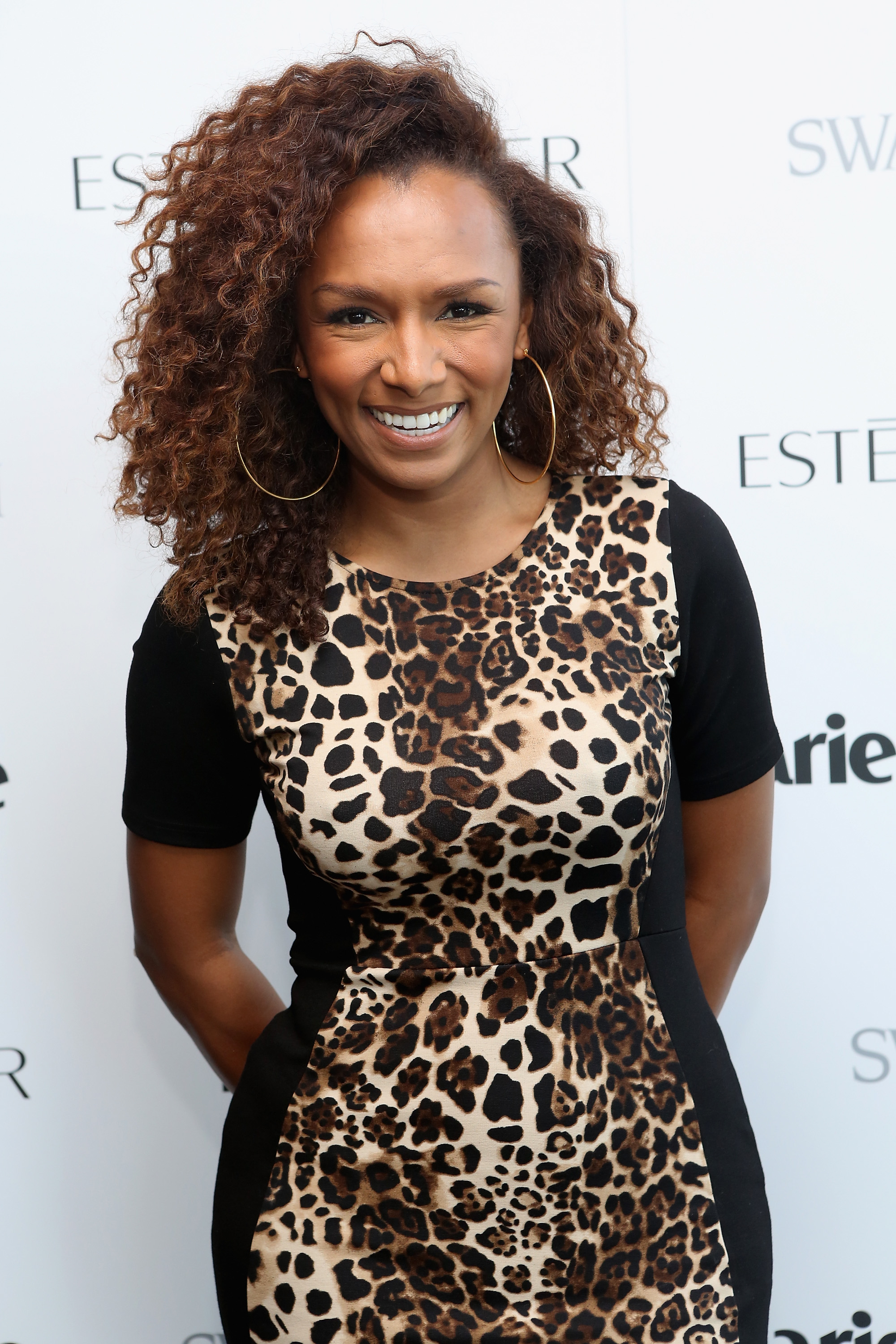
Author and Journalist
In 2014, Janet Mock published Redefining Realness, a raw account of her life as a young black transgender woman. “The best thing I can do is tell my story,” says the 31-year-old New Yorker. “I wrote this story because I had no examples.” Her memoir became a best seller and made Mock an icon in the LGBT community.
In her book, Mock recounts growing up poor and confused, with a father battling drug addiction and a body that betrayed how she felt. She spares few details about her transition or her dangerous forays into the sex trade. These stories are mixed with arguments about health care, school policy and acceptance. “Janet has been so crucial in changing the narrative,” says actor and activist Laverne Cox.
Mock’s latest creation is her own MSNBC web show, So Popular!, which focuses on pop culture. “When you see a trans person on TV, they’re usually on TV talking about being trans,” she says. A former editor at People, Mock is also working to educate the black community about LGBT issues. When she spoke recently at Spelman College, the historically black women’s school in Atlanta, she says, she was the first openly transgender person ever to set foot on the campus. Often her audiences “might not understand anything about what it means to be a trans person,” Mock says. “Black is not a monolith. We are a varied people.”
—Katy Steinmetz
Neichelle Guidry Jones

Founder of Shepreaches, an online magazine that aims to support and inspire black millennial women in ministry, Guidry Jones, 30, is also an associate pastor at Chicago’s Trinity United Church of Christ.
Mia Love
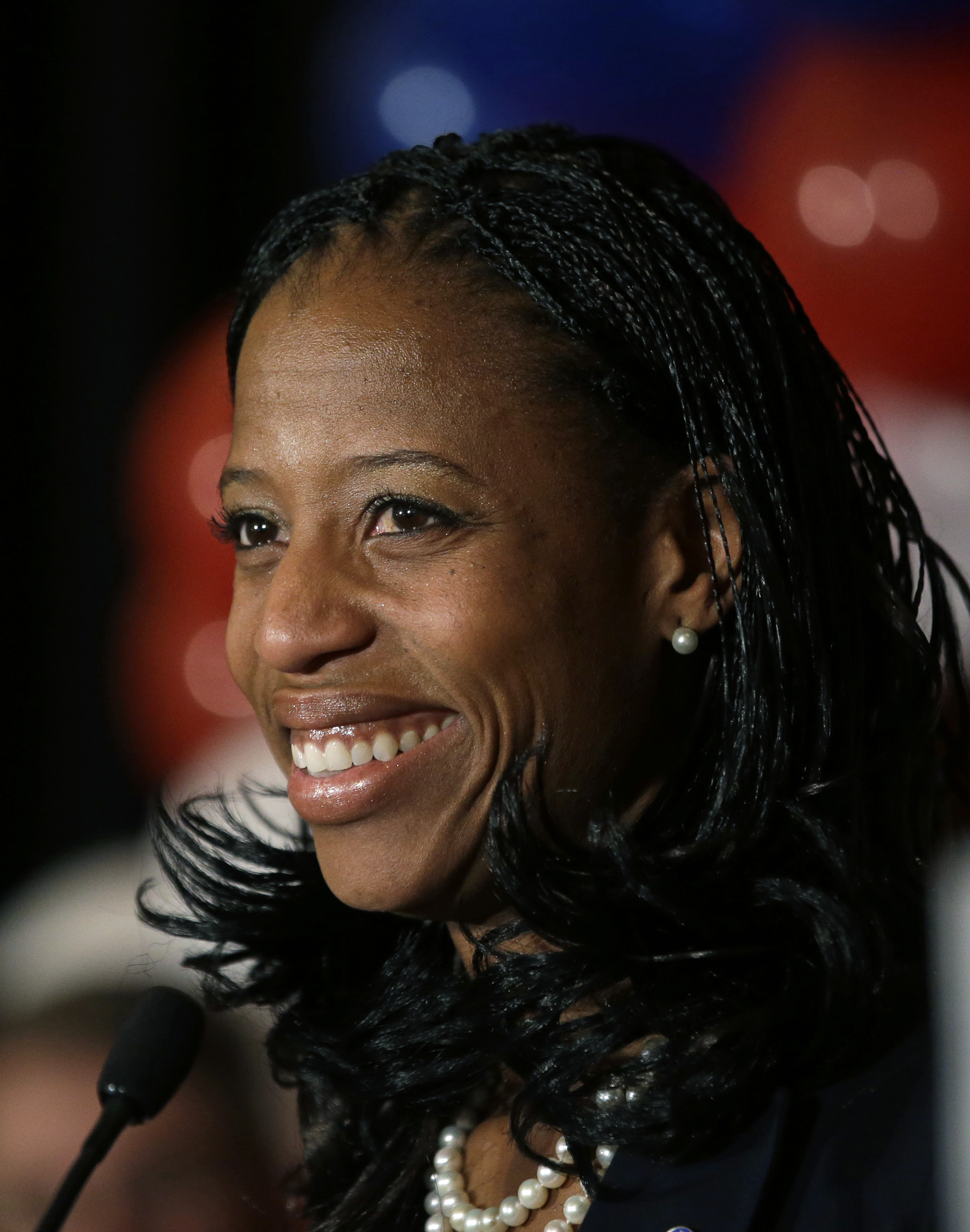
U.S. Representative From Utah
The 114th U.S. Congress is the most diverse on record, which is less impressive than it may sound. Of its 535 lawmakers, just 19% are women, 8% are black and 3% are Mormon. Mia Love is all three—and a conservative to boot. When she was sworn in on Jan. 6, the new Representative from Utah’s Fourth Congressional District became the first black Republican female in the history of the House.
This barrier-busting biography is a big reason why Love, 39, is considered one of the conservative movement’s rising stars. At the Republican nominating convention in 2012, party leaders tapped the little-known mayor of a small Salt Lake City suburb to deliver a coveted prime-time speech. Love, the daughter of Haitian immigrants, has been warmly embraced by a party eager to shed its image as a refuge for aging white men. A Paul Ryan acolyte, she wants to rein in spending, balance the budget and stop passing big bills marbled with pork.
Love’s election may be a milestone, but she sidesteps the role of race in politics. She won’t comment on the Ferguson protests and says she wants to serve in a way that unites the country rather than divides it. “People aren’t interested in electing someone based on their race or their gender,” she says. “We’re more interested in the principles.”
—Alex Altman
Shani Hilton
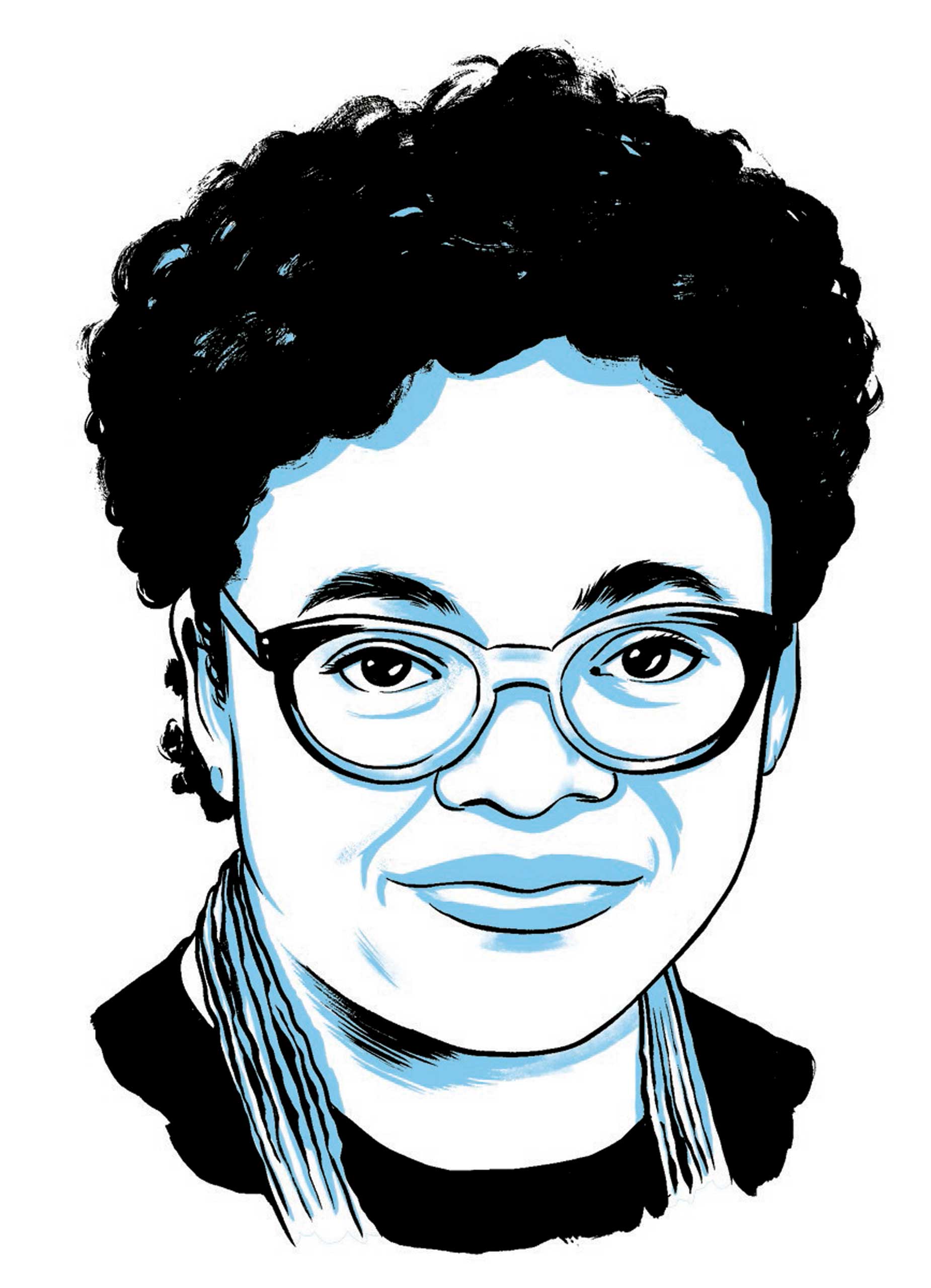
As an executive editor at Buzzfeed, Hilton, 29, guides a growing news report that complements the social site’s lists and click bait. A former editor at NBC’s Washington affiliate, she’s devising a code of journalistic standards for the media upstart and has emerged as one of the industry’s leading voices on the issue of newsroom diversity.
Brittany Packnett
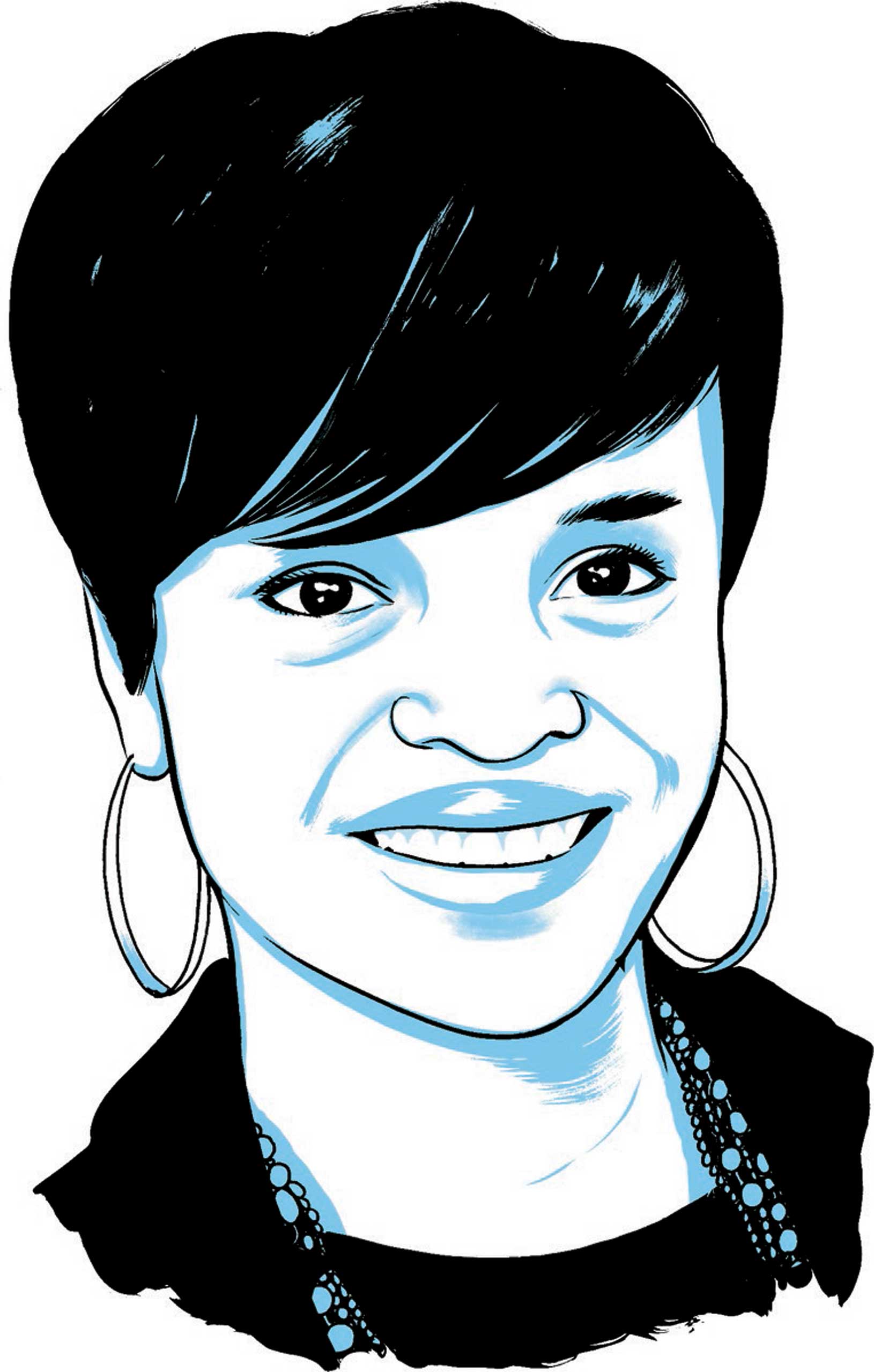
Every revolution needs leaders—even those determined to remain leaderless. Packnett, a 30-year-old St. Louis native, has been on the front lines in Ferguson, Mo., since the beginning, emerging as a vital link between protesters and politicians in the effort to translate tragedy into change. A member of the commission studying the forces that led to the shooting, she was appointed by the White House to serve on a national task force for police reform. “This is not a fly-by-night movement,” the Teach for America executive says. “It isn’t going to go away.”
Tristan Walker
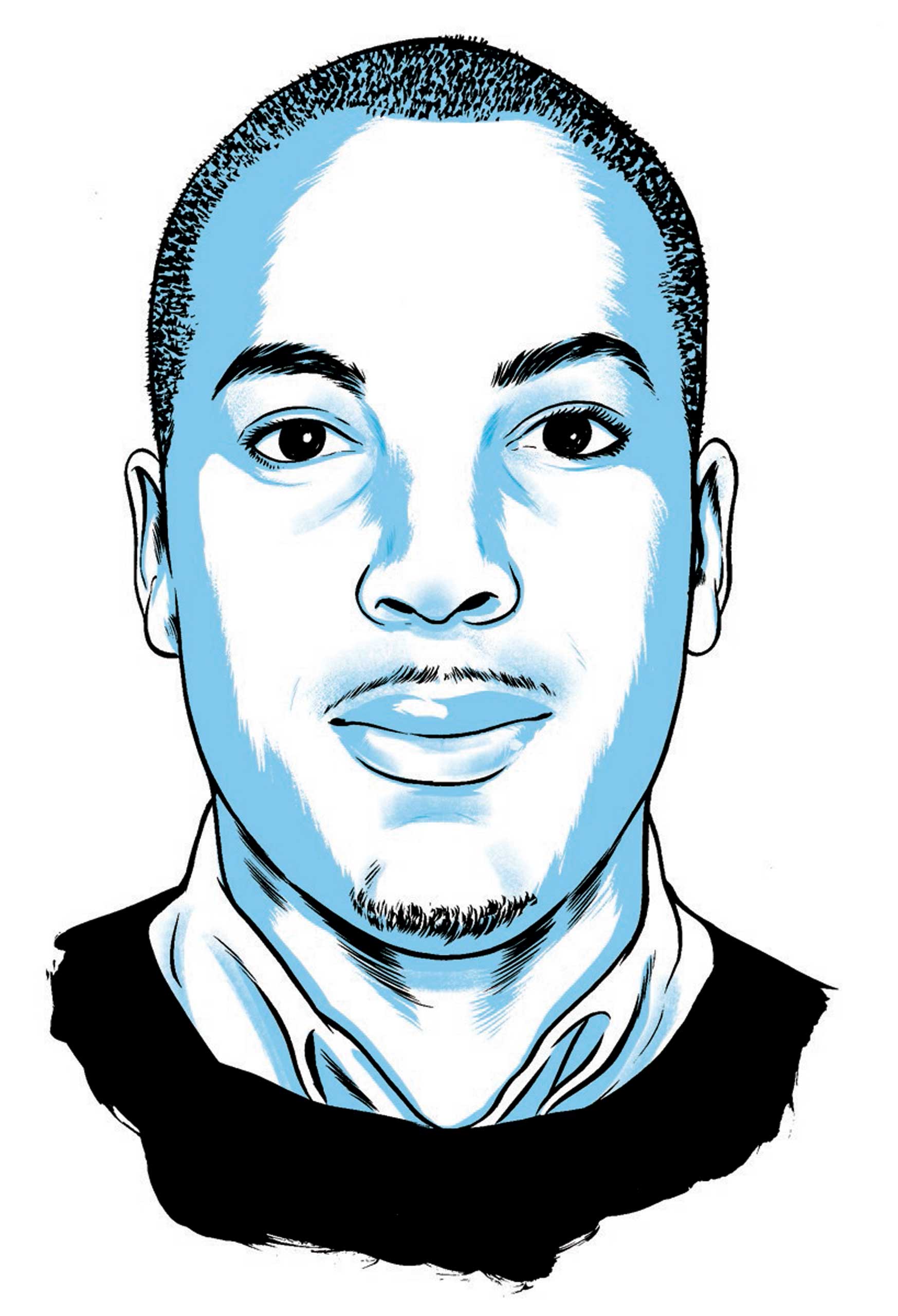
Walker, 30, is a rare find in Silicon Valley, but he’s working hard to fix that. Walker and Co., the health-and-beauty-products company he heads up, is changing the way people of color find and consume personal-care products. His ultimate goal: to bring more diversity to Silicon Valley through Code2040, a nonprofit he helped launch to connect firms with black and Latino engineers.
Phillip Agnew

Agnew, 29, has been at the forefront of many of the major political and social movements of the past decade, from immigration reform to voting-rights protection to ending police brutality. His activism in Ferguson landed him at a table with President Obama in late 2014, where—as he wrote in the Guardian—he and many others felt “empowered and powerless at the same time.”
More Must-Reads from TIME
- Why Trump’s Message Worked on Latino Men
- What Trump’s Win Could Mean for Housing
- The 100 Must-Read Books of 2024
- Sleep Doctors Share the 1 Tip That’s Changed Their Lives
- Column: Let’s Bring Back Romance
- What It’s Like to Have Long COVID As a Kid
- FX’s Say Nothing Is the Must-Watch Political Thriller of 2024
- Merle Bombardieri Is Helping People Make the Baby Decision
Contact us at letters@time.com